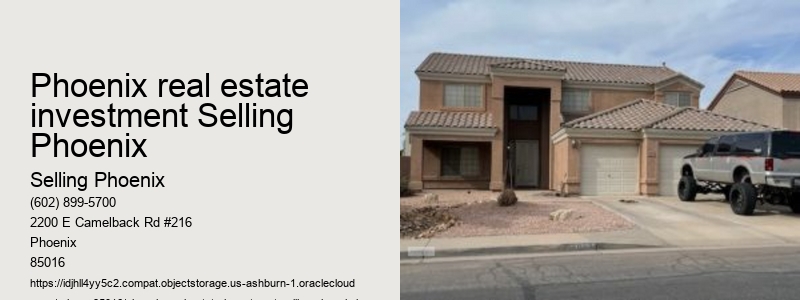
Phoenix real estate investment Selling Phoenix
Real Estate Investing Phoenix
Because of Phoenix's double-digit rent increase and high price-to-rent ratio, real estate investors have been purchasing more homes here than in any other 30 top markets in the U.S. Phoenix is the capital of Arizona and the most populous place in the state.
Phoenix real estate investment Selling Phoenix